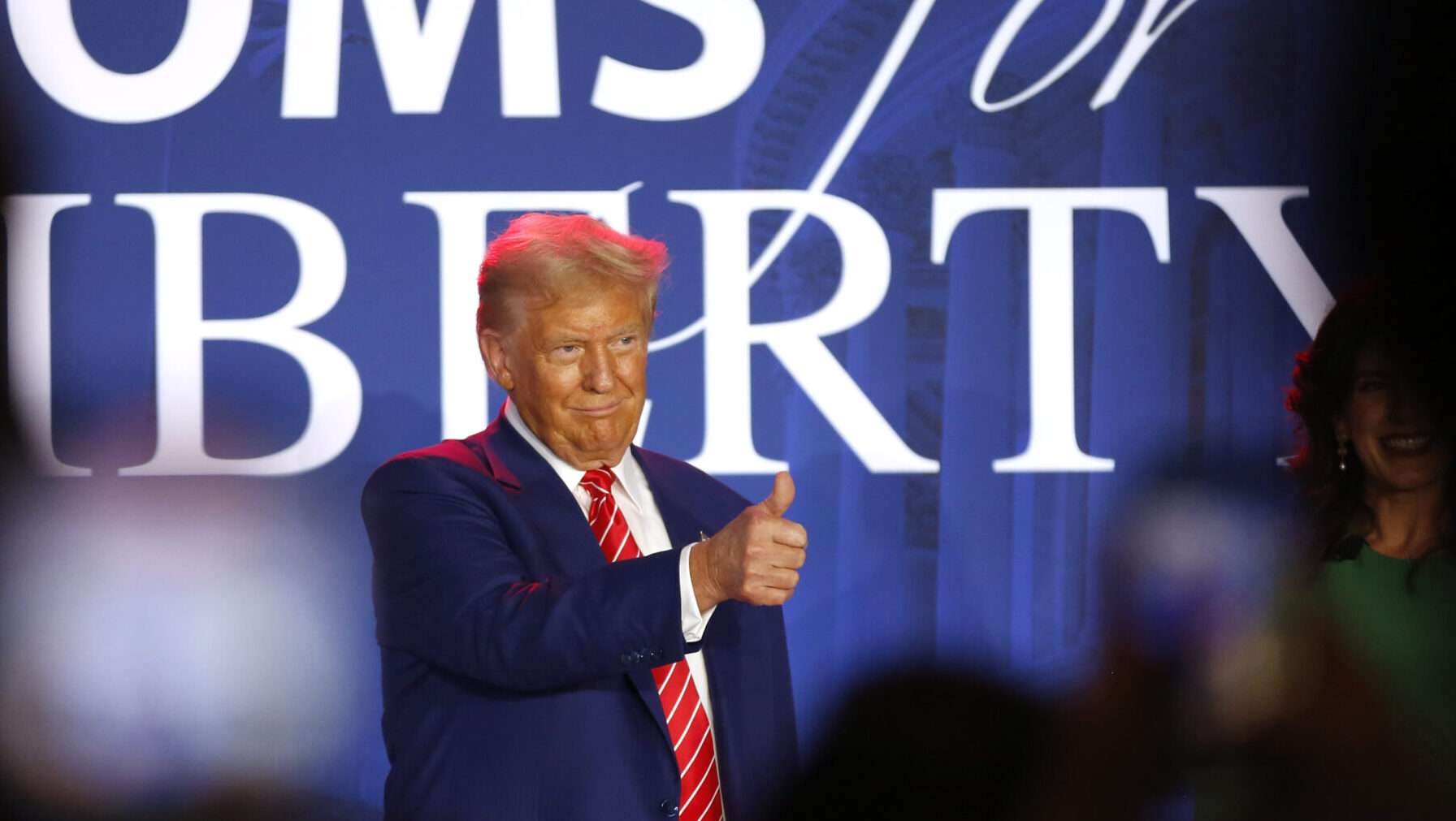JD Vance’s campaign has made it clear that he does not support guilt-by-association cancel culture. However, he also made it clear that he does not share the views of a recent guest on Tucker Carlson’s show who claimed that the Holocaust was not premeditated genocide. Vance’s campaign emphasized the importance of separating oneself from extreme and harmful beliefs, even when appearing on certain media platforms. They reiterated that Vance does not align with such views and stands against any form of denial or minimization of historical atrocities like the Holocaust.
This statement comes in the midst of a broader conversation about the role of media figures and public figures in amplifying harmful and divisive rhetoric. Vance’s campaign is positioning him as someone who is committed to holding true to his values and principles, even in the face of controversial statements made by others. This stance could potentially help Vance appeal to voters who are looking for a candidate who is willing to stand up against extremism and misinformation.
In the world of politics, it is crucial for candidates to carefully navigate their associations and public statements in order to avoid being associated with harmful or extremist views. By clearly denouncing the views expressed by Tucker Carlson’s guest, JD Vance is sending a message to voters that he is committed to integrity and moral clarity in his campaign. This could help him build trust and credibility with voters as he continues to seek support for his political ambitions.
Overall, Vance’s campaign’s response to the controversy surrounding Tucker Carlson’s show demonstrates a commitment to ethical leadership and a willingness to distance oneself from harmful ideologies. As the political landscape continues to evolve, it will be interesting to see how candidates like JD Vance navigate these challenging waters and define themselves in relation to controversial figures and statements.
Source link





